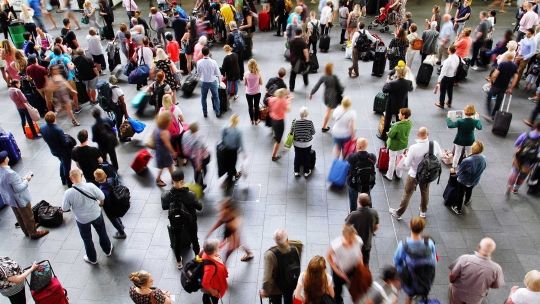
Q&A with an Aviation lecturer
Q&A with an Aviation lecturer
Today I sat down and chatted with Gail Rowntree, a Senior Lecturer here at BNU. Gail specialises in crisis management and has responded to over 36 incidents globally, while having over 35 years of hands-on experience in the aviation industry.
Q1) When did you first get involved with the aviation industry?
I was in my early 20’s and I decided I wanted to fly. I joined an airline, and my first trip was my first time on an aircraft so I didn’t even know whether I liked flying or if it would make me sick, but you do these things when you’re young! I got a summer job near Bristol working for a Welsh airline and realised I really liked it and it kind of started from there. Then I joined British Midland after moving to London and to this day I still don’t enjoy flying! I must be the only person who has been in aviation for so long and still doesn’t like to fly!
Q2) How long have you been involved with crisis response?
Around the time of 9/11 I thought to myself, I’m done with flying! I left British Airways and applied for a position at a US based company who specialised in mass fatality events. The company wanted my expertise and skills from working for British Airways in their safety and security department. So, I applied for this job and I got it, although, like it said, I didn’t really fully know what the job entailed.
Within 3 months of getting the job I was deployed (my first deployment) to the Thailand Boxing Day Tsunami...and then I knew what the job entailed! For a few years I worked as Vice President for Family Assistance and training. Really, I haven’t left aviation and stayed within aviation for 35 years!
Q3) What experience do you have with crisis response?
So, before I left British Airway’s I joined their safety and security department and I was also part of their EPIC team (emergency procedure incident centre) and I worked on their simulators and trained crew. This was when my knowledge and experience for aviation crisis management first started.
I left British Airways and I became part of crisis response teams who respond to events for clients like airlines. In the beginning it was always airlines because they have to follow strict legislations to avoid sanctions, but now industries like gas, oil, cruise liners, train companies and many more need some kind of crisis management and response.
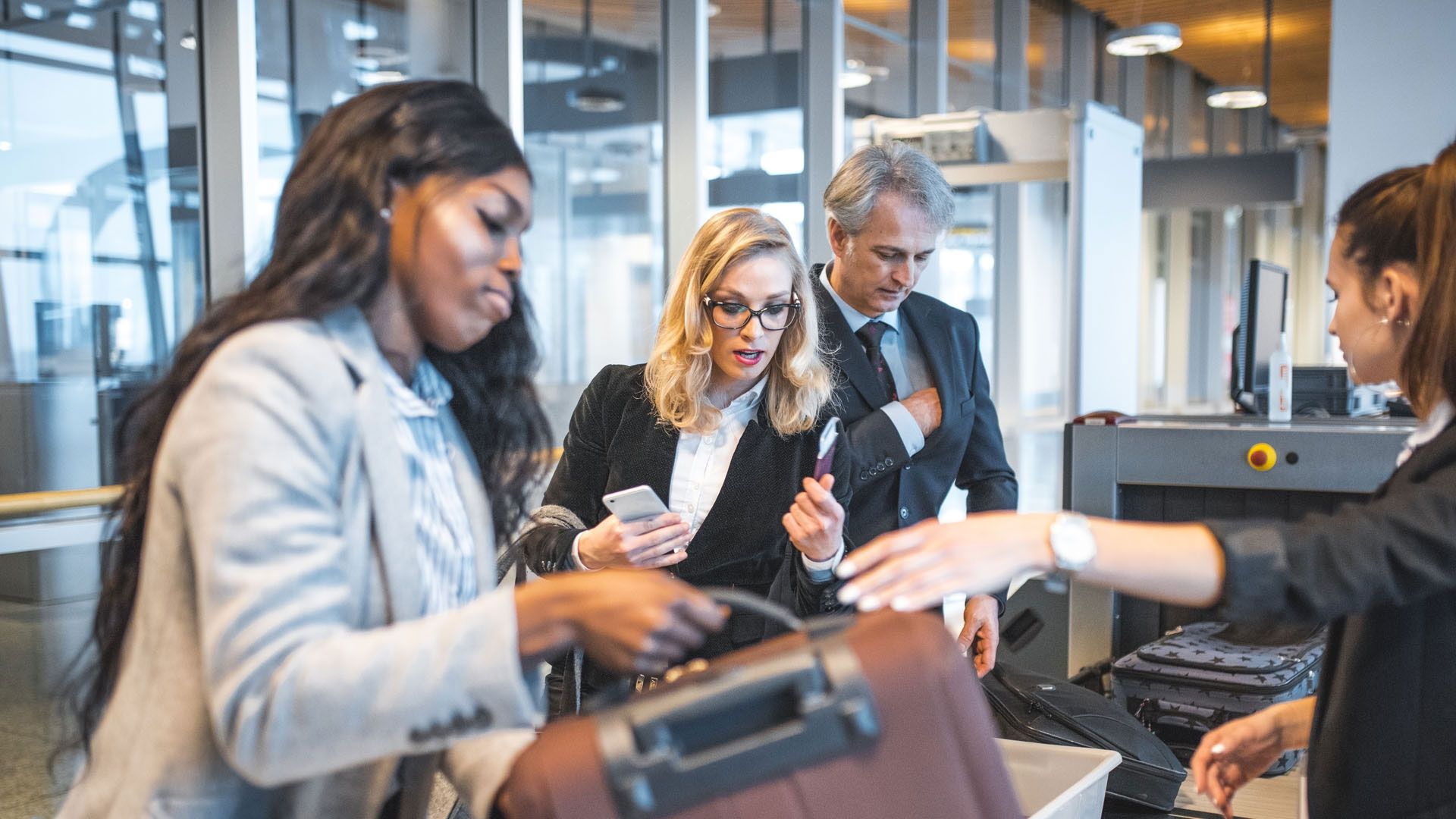
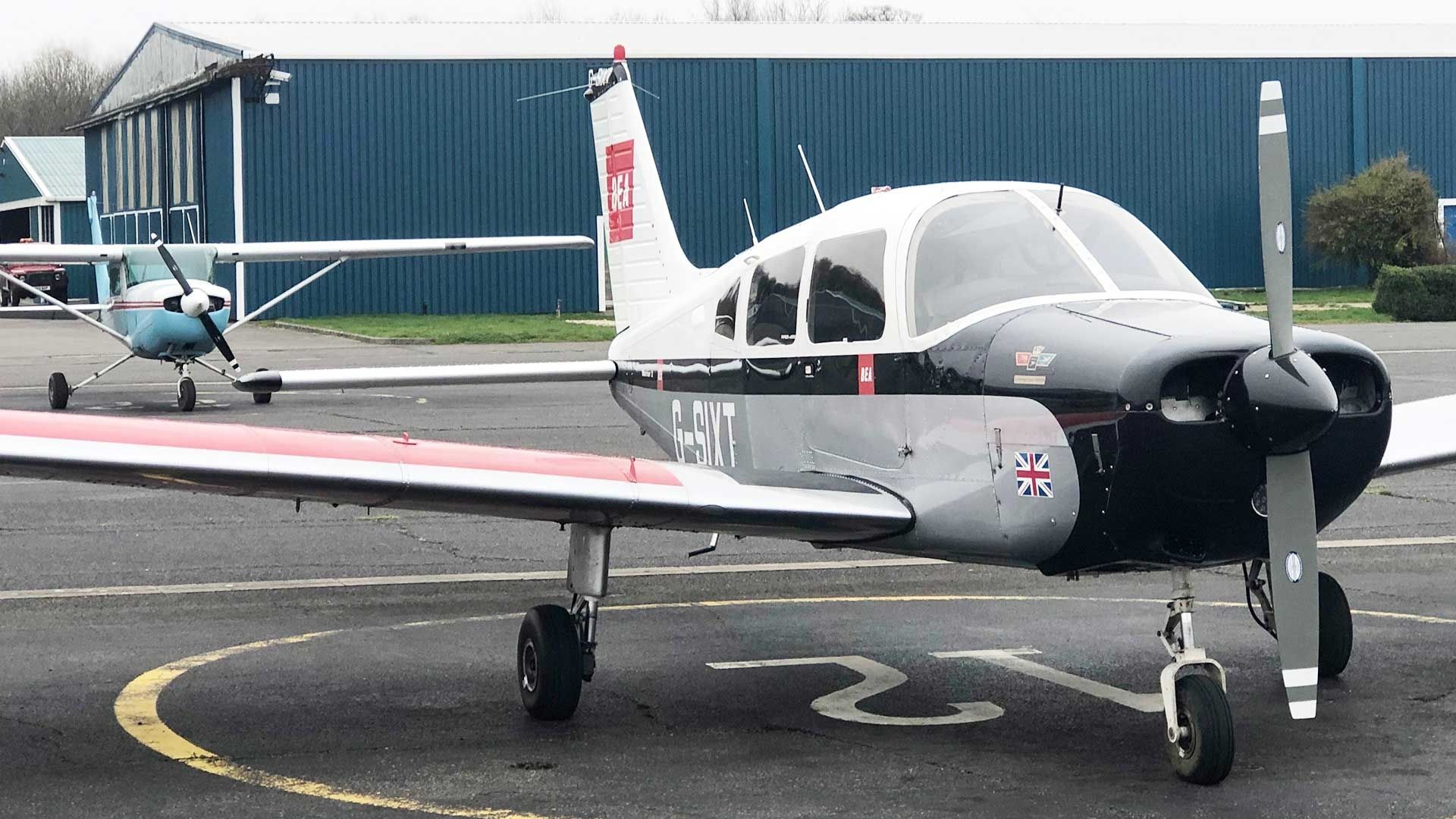
Q4) What does be a first responder entail?
First responders are normal people with normal jobs and normal lives, only they’ve trained and have the experience to respond to crises.
To be a first responder one of the main things is the requirement to be ready to deploy at any given time with minimal warning. So, you have to be able to drop everything (even if you’re on holiday!), pick your kit up and go usually within a couple of hours not knowing where you’re going, what you’re going to be doing and when you’ll be back. This is the difficult part of the job but even those with families, pets and other responsibilities can be a first responder, although they must make sure their family and friends understand the circumstances the role entails and make arrangements.
Go responders are people who work as funeral directors, florists, hairdressers, office workers and many more, but they have a set of skills that could be used when responding to an incident. It’s about having people who understand what their roles are and being able to help respond to incidents. Everyone will be in teams all working alongside one another, there’s no time to waste!
You have to go with a really open mind, sometimes not knowing where you’ll be sleeping, when your next hot meal is, where you’re going, what’s going to be there when you arrive. You have to be open and confident to manage anything thrown your way!
Q5) How many incidents have you responded to?
Well during the pandemic we’ve had a bit of downtime, so I’ve been able to count them all... Out of various employers and clients I’ve been to 36 as of February 2021 throughout 15 years.
That’s actually more than two (sometimes) per year! Usually, we expect to be deployed to about 2 per year...Although we don’t know when this’ll be!
Q6) What is the most challenging incident you have had to respond to and why?
The most challenging one psychologically and emotionally for the US company I worked for was the German Wings incident. That was high profile, intense pressure, geographically challenging and very emotional. Everything was difficult because of the media coverage, speculation and stories it made doing the job there challenging for everyone, the families and people there. It was by far the most difficult and challenging incident I’ve responded to.
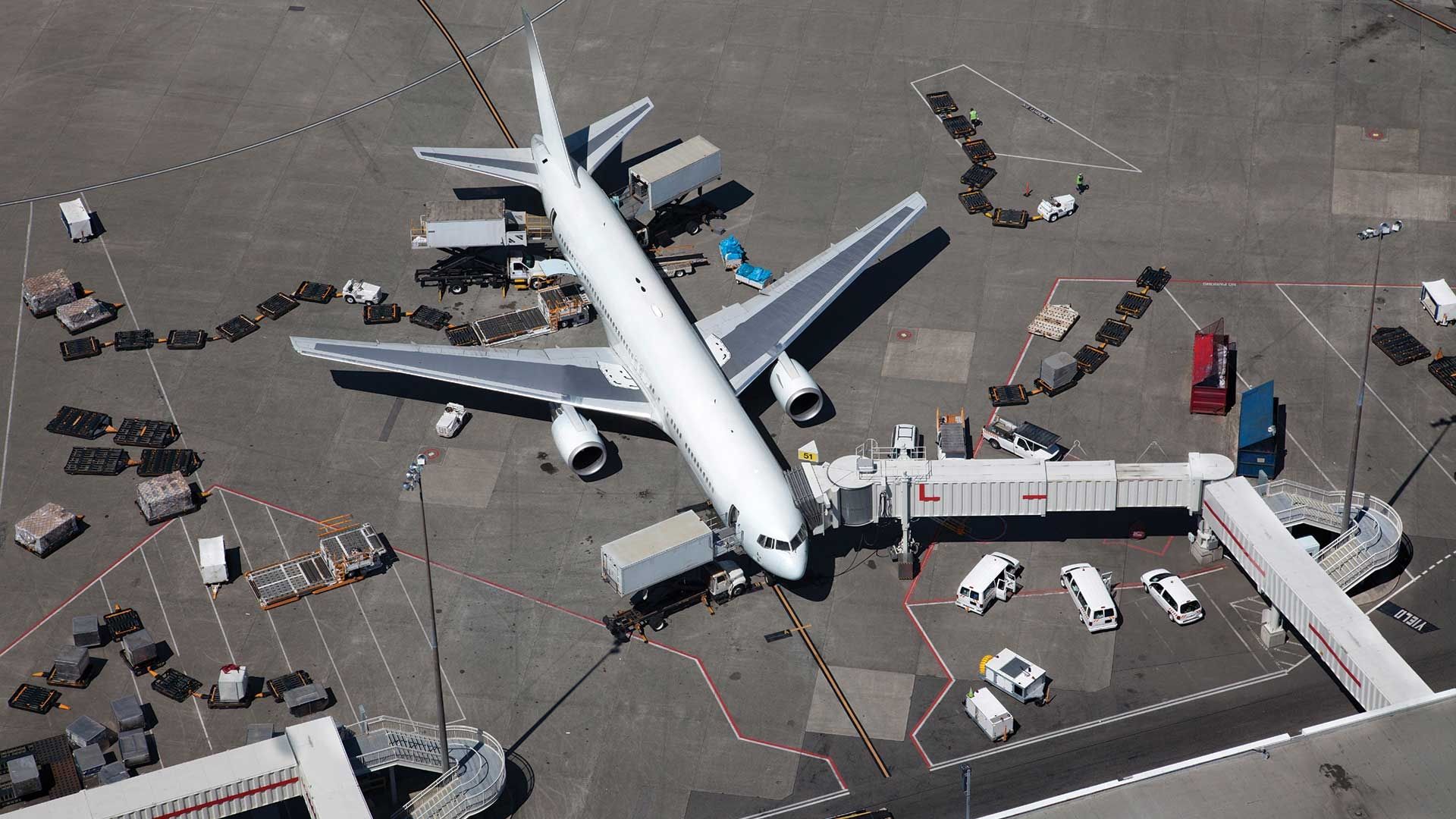
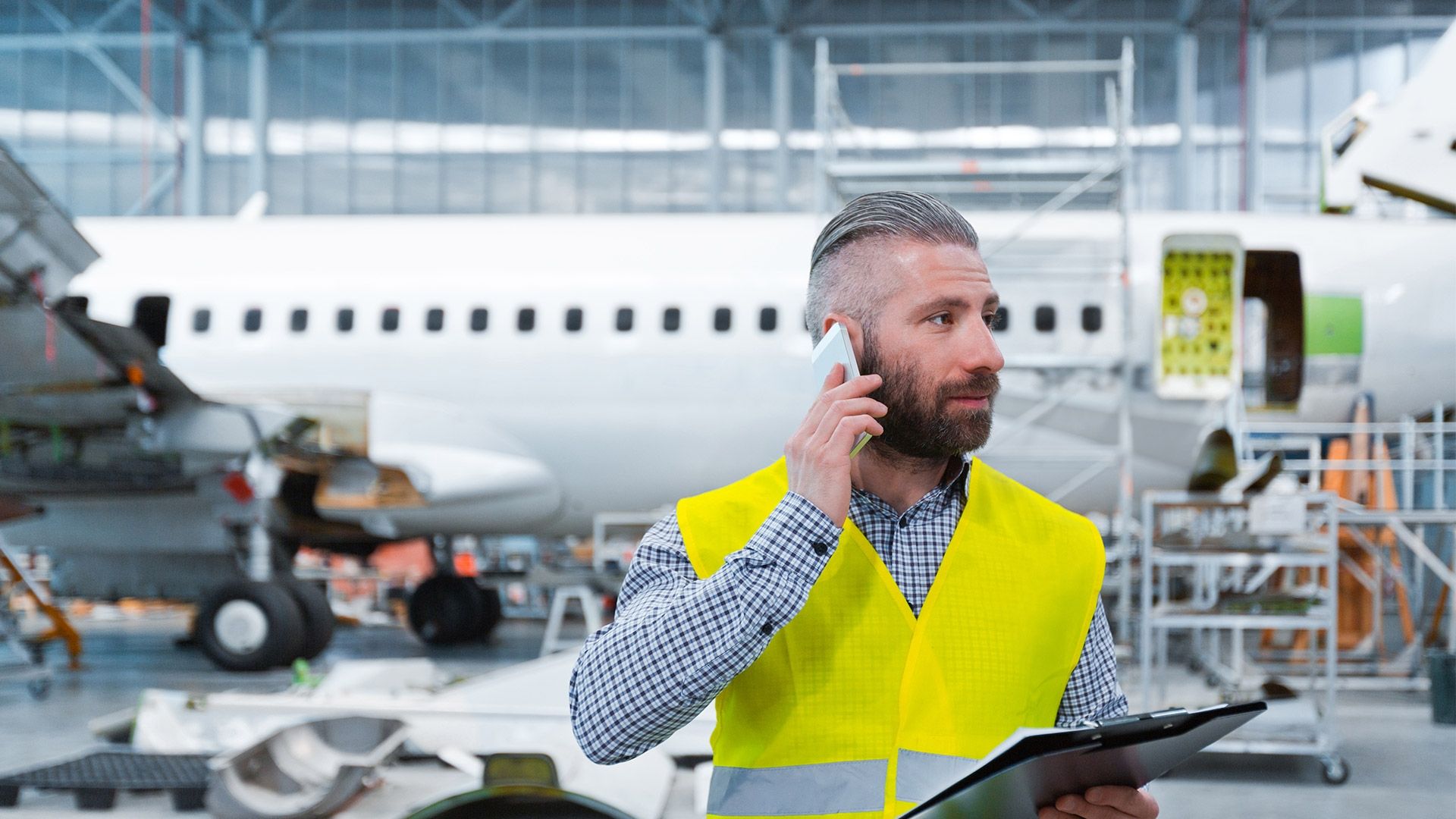
Q7) Take us through the process and how you responded to this incident.
I got the phone call from the US organisation I worked for at the time for the German Wings incident and was on a flight to Marseilles within 3 hours of being notified. We couldn’t land at Marseilles, so we landed close and then drove the remainder of the journey, so roughly it took the whole day to get to the hotel where the family assistance centre was.
It’s really important families receive the professional care they require as soon as possible because these people are distraught, upset, angry and very stressed. You’ve got the media there and all of this is happening at the same time, It doesn’t happen nice and neatly. All of this would happen at the same time- setting the family assistance centre up, crisis communications, bringing families in and protecting them from the media, security...So it takes a couple of days to get it all up and running.
It’s all about setting up what has to be set up legally, looking after families and make sure they have access to people like authorities who can give them information and answers that they’re craving.
At the same time, I have to work with search and recovery, embassies, police, local coroners and many more other teams to make sure information and support flows freely. We also need to get the process started and flowing so that loved ones can be identified meaning other arrangements can be started. So, the first 3, 4, 5 days are unbelievably intense because you have to get everything done.
Once most of the procedures and processes are up and running, we kind of get into a routine and things begin to move forward.
Q8) How does having years of hands-on experience in the field shape the way you teach?
I understand the theory, models and legislations because I have to! Every time there are new amendments, I have to know so that we can provide excellent support at incidents for our clients, if it gets changed, I know it! But it also means its more 3 dimensional because I don’t just understand the theory, I’ve done it 36 times! So, I’ve always got a case study, you could probably pick up any airline incident that’s happened in the last 15-20 years and either myself or a close colleague has responded to it.
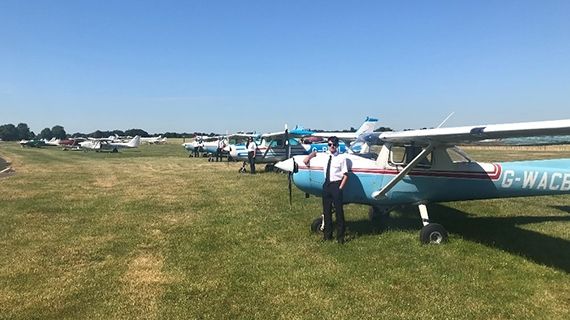
So, what I think it does is it allows me to give students the theory and then I can go ok, this is how the theory worked or works in practice or on the field so it kind of brings it more alive and makes it 3D. The key is application, what I add to my teaching for students on this course is here’s the application, what would you do in this situation? Because I did it this way and it turned out this way and so on! I bring case studies, professional and expert guest lecturers, I can make people go, oh hang on a minute...That’s why we do what we do.
It adds that extra dimension instead of a 2D experience. It’s a very complicated topic. If someone was to teach it who hasn’t been there to experience the sounds, smells, sight and everything else this role entails it would blow everyone’s mind! It’s a very practical topic and it wouldn’t be easy for someone to teach this just based on theory. You can’t be an archaeologist without getting your hands dirty and this is exactly the same! I bring field experience; I can’t take you with me, but I can bring it to you!
Q9) How will the Aviation Organisational Resilience postgraduate course benefit students who want a career in this area?
Well, actually, I think this course and module would benefit anybody who wants to go into aviation. It doesn’t matter if you’re going into check in, being a pilot, airport management, HR, operations, everyone has to know and understand that one day, not necessarily something big like, you know snow causing disruption for example, means that you can understand what’s happening and why it needs to happen.
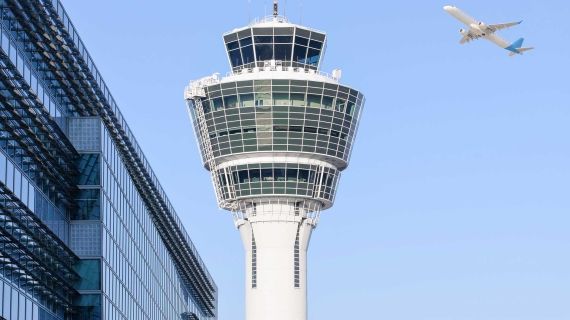
It just gives everybody who works for an airline perspective that if there are people doing certain things there are ways you can get involved. Even if you don’t want to get involved at least you will understand what the airline is doing, why they are doing it and how they are doing it. I think it is something that everyone who works in aviation will have some knowledge of.

